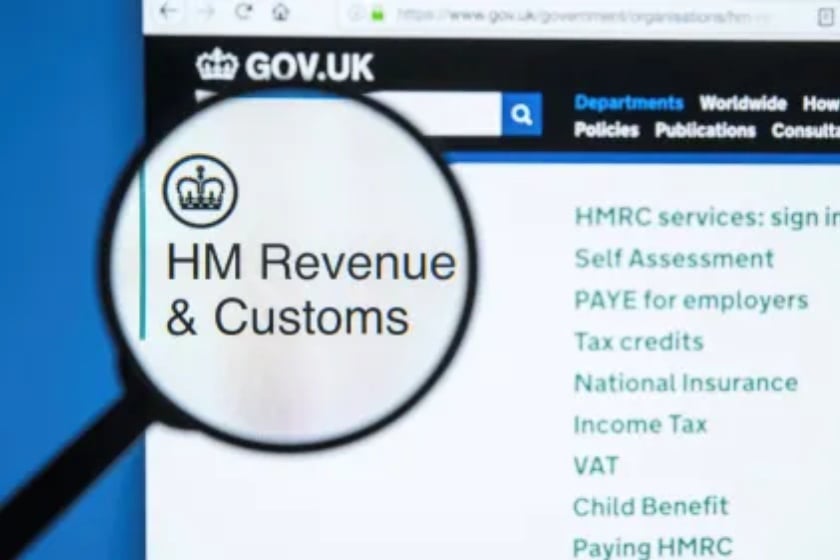HMRC umbrella company ‘checking tool’ looms for workers
Umbrella company consultation response and guidance due from HMRC, as more details come out on Tax Administration and...
READ MORE
Small businesses struggling to pay their tax debt have been a big factor in the level of tax debt owed to the HM Revenue and Customs (HMRC), which is nearly 50 per cent more than it was prior to the pandemic, according to official statistics.

And the office is chasing more debt from those that have yet to pay.
BDO UK reported that new government figures show that the level of tax debt owed to HMRC rose by 22 per cent year-on-year to reach more than £48 billion as at 31 December 2022.
The total debt comprises £7.8 billion of “managed debt” and £40.3 billion in debt available for pursuit.
Although the number of taxpayers in Time to Pay arrangements fell by 14 per cent over the previous year to 730,617 at the end of December 2022, the level of managed debt rose considerably by 88 per cent to £7.8 billion, up from £4.1 billion in December 2021.
Meanwhile, the debt available for pursuit climbed 24 per cent to £40.3 billion, up from £32.5 billion at the end of 2021.
Dawn Register, head of tax dispute resolution at accountancy and business advisory firm BDO, said that while the overall tax debt has reduced slightly from the £72 billion peak seen in August 2020 during the pandemic, the levels of tax owed to HMRC are still eyewatering and remain around 50 per cent higher than the pre-pandemic average.
“The majority of this debt is sitting with small and medium-sized businesses [that] continue to face challenging economic conditions. Those in financial difficulty and unable to pay on time are encouraged to agree [to] a Time to Pay arrangement,” she said.
“While there was a slight improvement in the number of people who filed their tax returns on time this year, HMRC has reported a decline in the number of customers paying on time.
“While this might be sign that people are willing to comply but unable to pay on time, there are persistent concerns of a rise in ‘won’t pays’ who are choosing not to prioritise tax payments.
“They may find that HMRC take a much tougher line on enforcement action this year.”